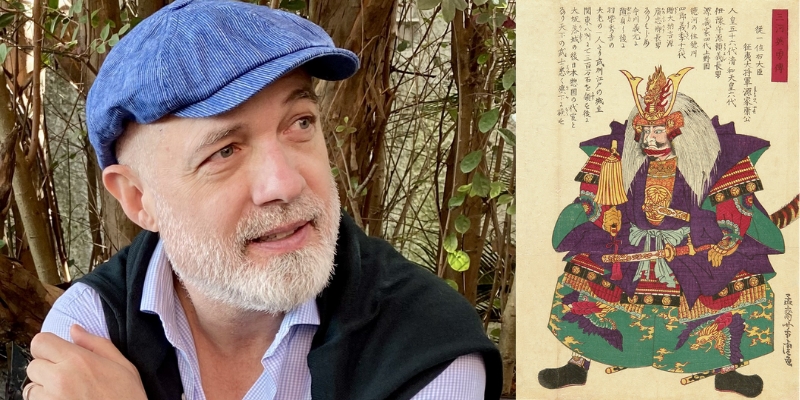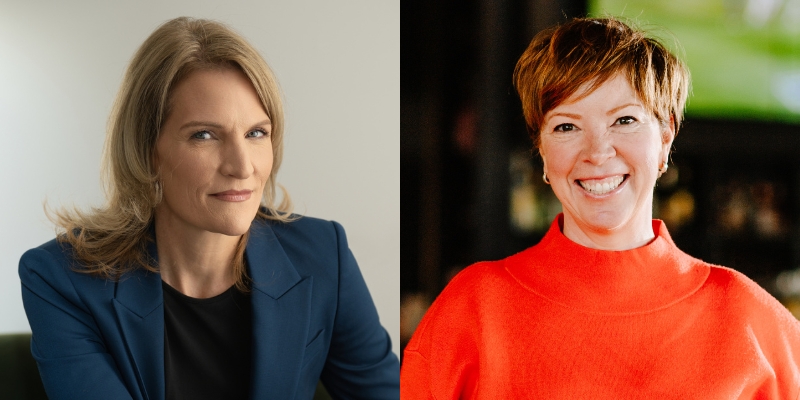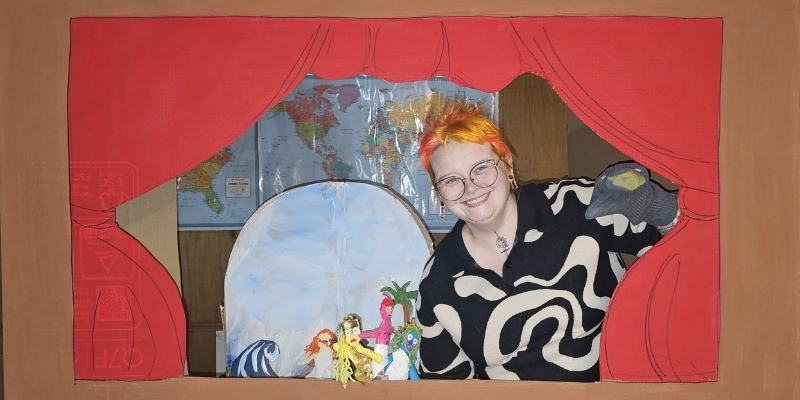“To tell a story of Seattle.” “A looooong discussion about the kind of city we want to share.” These phrases don’t appear in Town Hall’s mission statement but they’ve become a shorthand for the goal of our perpetual, expansive calendar. It’s inevitable and appropriate that Town Hall should ultimately be described by what we do, and not how we do it—but it’s at odds with our DNA.
Underneath our busy calendar is an essential passivity. Town Hall was founded as a collective resource to support other non-profits. While we program some of our own events, we are at heart a tool, waiting to be picked up by other people, and other organizations. This makes us different from most cultural producers; even the events we program ourselves are designed to complement the work of our community partners.
To be maximally useful Town Hall has long prided itself on what we’ve called “an architecture of inclusivity”, designed to encourage participation and help people feel at home. Low ticket prices would mean low barriers to attendance in the pews. Low rental rates would mean low barriers to presenting from our stages. A program philosophy of saying “yes to the good ideas of others” would mean the community itself determines the defining events of the Town Hall calendar. An intentional informality would help us feel welcoming, even while high production standards elevate professional and community-based presenters alike.
It’s a great system and we’ve been justifiably proud of what we’ve created. But a system is only as good as its inputs—and if those inputs are limited, the output is inherently limited. (This is officially the end of the tech metaphors.)
Our system hasn’t created a deeply inclusive place—owing to that passivity at our heart. Town Hall itself is the product of a network of people and institutions who call it home, and that network is overwhelmingly white. Despite our desire to be welcoming, historically not enough BIPOC artists or BIPOC-led non-profits have seen Town Hall as the right place to express their ideas or creativity. Many people don’t know about Town Hall (we’ve been around for 22 years, but we’re still pretty small). Still others know about it, but don’t see themselves or their concerns represented in our calendar. Whatever the reason, if we embrace the goal of a calendar that truly reflects the full breadth and diversity of our community we have a long way to travel. And that journey begins by rejecting our passivity and embracing a more active approach to the community we want to support beyond our walls, and foster within them.
And so our four years of equity work—four years and still just beginning—is a declaration that a mere architecture of inclusion is no longer good enough. And though it might have felt sufficient, it never was. If you read the Equity Commitments accompanying this post, you can understand the concrete steps we plan to take in the coming year, and you can even hold us to account.
Town Hall isn’t a social justice organization, but we are vested in modeling a more just society; our equity journey is toward a “more perfect version of ourselves.” Becoming a place where as many as possible feel truly welcome is essential to delivering our mission; it’s essential to our vision of a story of this city told through many voices; and it’s essential to any meaningful discussion—looooong or short—about the kind of city we want to share.
-Wier


